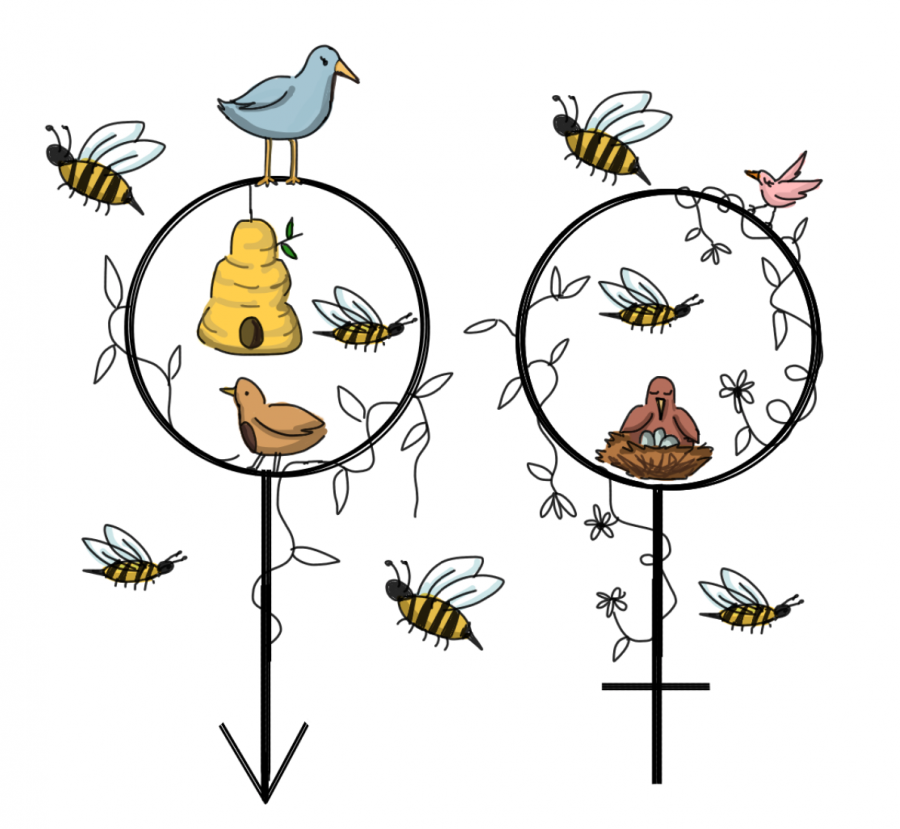Let’s talk about sex
Schools should require health classes for students
February 14, 2020
The Netflix series “Sex Education” follows Otis, an awkward teenager, who, despite being a virgin, opens a sex clinic because his mom is a sex therapist. The queries Otis answers, including whether or not chlamydia is an airborne disease, show that Otis’ school does not teach sex education, a problem that extends beyond this fictional school.
Movies and TV shows often portray sex education programs stressing abstinence or misinforming students, such as Coach Carr, the health teacher in “Mean
Girls,” who warns his students, “Don’t have sex because you will get pregnant and die.”
While the Mean Girls scene is clearly a satire on the poor quality of sex education at many schools, students who have never been formally educated at school or by their parents may only learn about sex from the media.
Forty-one percent of high schoolers in the United States are sexually active, according to Planned Parenthood, yet private schools in California are not mandated to teach sexual education.
While it can be debated how successfully this is implemented by each school, California public schools are mandated to teach sex education, be medically ac-
curate, include information on contraception and abstinence and to be sexual orientation inclusive.
As more than a third of 15-year-old girls are sexually active, according to Planned Parenthood, a comprehensive sex education is critical for all students starting in freshman year.
The average teenager sees more than 15,000 references to sex on TV alone each year and more than half of teenagers using the internet have been exposed to porn within the last year, according to “Time” magazine, yet 83% of female teenagers do not have formal sex education before their first time having sex, according to the Center for Disease Control and Prevention.
With constant exposure in the media, sex is not a secret to teenagers, but what teens learn in the media is often not adequate and can be misinforming.
Schools need to supplement sex education for all students in order to keep them safe and informed on healthy relationships, safe sexual practice, disease prevention and consent.
Convent has offered spaces to talk about sex and sexuality, such as opportunities to ask anonymous questions to health professionals and assemblies on consent and rape, but students should not have to piece together information from occasional meeting spaces.
An extensive sex education program is necessary to educate, protect and prepare
students.
Eighty-two percent of parents have talked to their children about sexuality-related topics, but these conversations are often not enough, as parents do not
have the same qualifications and information as health professionals.
Of the parents who do talk to their children about sex, only 60% talk about birth control and 74% talk about ways to say no to sex, according to a Planned Parenthood survey, indicating not all parental talks are adequate.
A complete sex education program includes age-appropriate and medically accurate information and goes beyond biological aspects to include human development, relationships, abstinence, contraception and disease prevention, according to the Sexuality Information and Education Council of the United States.
All teenagers need a comprehensive sex education, and there is no better place to educate than at school.










